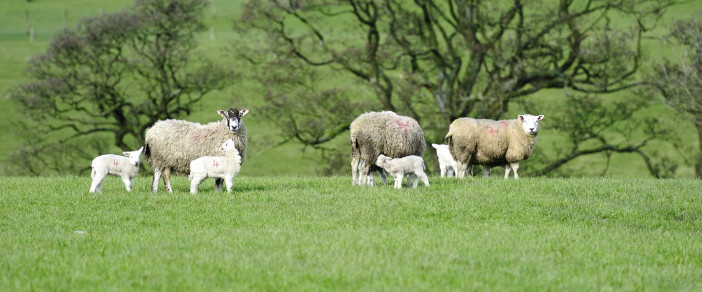With lambing season drawing to a close across most of the country, ewe management must now become a priority to maintain ewe health, protein and energy levels.
As lactation places the highest nutrient demands on the ewe, it is crucial that they are fed to their full energy requirements for up to four weeks after lambing, the point where they would normally reach peak milk production.
“With the lamb still dependent on milk for its nutrients, getting the correct fatty acids and protein in the ewe diet at peak lactation will be crucial to meet energy requirements, avoiding reduced milk yields and potentially affecting lamb growth rates,” explained Nigel Bateson, national sales manager at nutritional supplement manufacturer UFAC-UK.
Higher producing ewes will also require a source of digestible undegradable protein (DUP), both during the latter stages of pregnancy and during lactation.
Trials of Promega, a high energy feed supplement with Omega-3 fatty acids and DUP, have demonstrated increased milk yield and improved milk protein well into lactation. The Omega-3 content can also help to raise the auto-immune system in ewes and lambs, with greater disease resistance.
“Promega helps to increase milk production, boost reproductive activity and enhance immunity status, resulting in healthier and more productive sheep,” said Mr Bateson.
Formulated with high quality fish oil and sugar (glycerine), and blended with vegetable protein meal, Promega can be incorporated into compounds and on-farm mixes.


